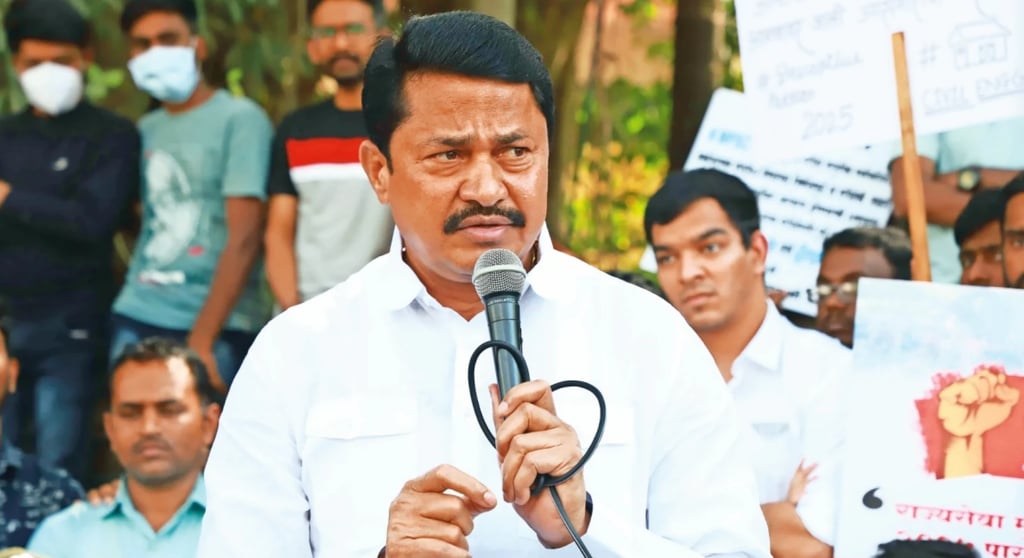The Maharashtra Honeytrap Scandal: A Deepening Crisis in Governance
The Maharashtra Honeytrap Scandal involves allegations of politicians and officials being blackmailed using compromising situations orchestrated to exploit them. This crisis has exposed vulnerabilities in governance, raising concerns about corruption, privacy breaches, and political manipulation, threatening public trust and demanding urgent reforms for transparency and accountability.
NATIONAL
Thinkbrief
7/21/20252 min read


In what is being called one of the most disturbing scandals to rock Maharashtra in recent years, a woman from Thane has been arrested for running a high-profile honeytrap racket that allegedly targeted at least 72 senior officials. These include top IAS and IPS officers along with ministers who hold key positions in the state. The woman reportedly posed as a distressed former policewoman or a grieving widow to gain the trust of her targets. She reached out to them both online and in person, presenting herself as someone seeking help or emotional support. Once the connection was established, she would lure the officials to hotel rooms under the pretense of personal meetings. There, without the knowledge of the victims, she set up secret cameras and recorded compromising interactions. These recordings were then used to blackmail the officials, threatening them with public exposure or fabricated rape allegations if they did not pay enormous sums of money. The entire operation has sent shockwaves through the administrative corridors of Maharashtra, raising questions about the personal security of government officials and the potential compromise of sensitive information.
The modus operandi was calculated and manipulative, exploiting the vulnerabilities of those who serve in positions of power. By posing as someone in distress, the woman allegedly made it difficult for the victims to suspect her intentions. Once a connection was formed, she invited them to hotel rooms for private discussions. Unbeknownst to them, hidden cameras captured moments that could easily be construed as scandalous or immoral. With these recordings in hand, she or her accomplices would approach the victims, demanding amounts that ranged from a few lakhs to as much as three crore rupees per person. The pressure became unbearable for some. One senior officer reportedly attempted suicide after facing repeated threats and extortion attempts. So far, two Assistant Commissioners of Police in Thane have officially lodged complaints, leading to the woman’s arrest. However, most of the other victims have stayed silent, possibly fearing damage to their careers, families, or reputations. This silence has complicated the investigation and made it harder for the police to uncover the full extent of the racket. Despite this, the authorities continue to probe deeper into the scandal.
The political and administrative fallout has been swift yet cautious. Congress MLA Nana Patole has submitted what he claims is concrete proof of the scandal to the Maharashtra Assembly. He has called for an independent and transparent investigation. Chief Minister Devendra Fadnavis has acknowledged the issue publicly and promised strict action. However, the case is complicated by the lack of formal complaints from many of the alleged victims. Some believe this silence is driven by fear while others suggest it reflects the deep social stigma that comes with such accusations. To make matters worse, it has come to light that the same woman was arrested in 2016 for a similar offense, raising questions about systemic lapses that allowed her to continue these activities. The scandal not only exposes a personal crisis for the individuals involved but also raises concerns about the integrity and security of Maharashtra’s bureaucratic machinery. If top officials can be trapped and blackmailed in this way, the potential for information leaks and administrative paralysis becomes a serious risk. As the investigation continues, the state watches closely, hoping for accountability and reforms that will prevent such incidents from undermining public trust in the system.